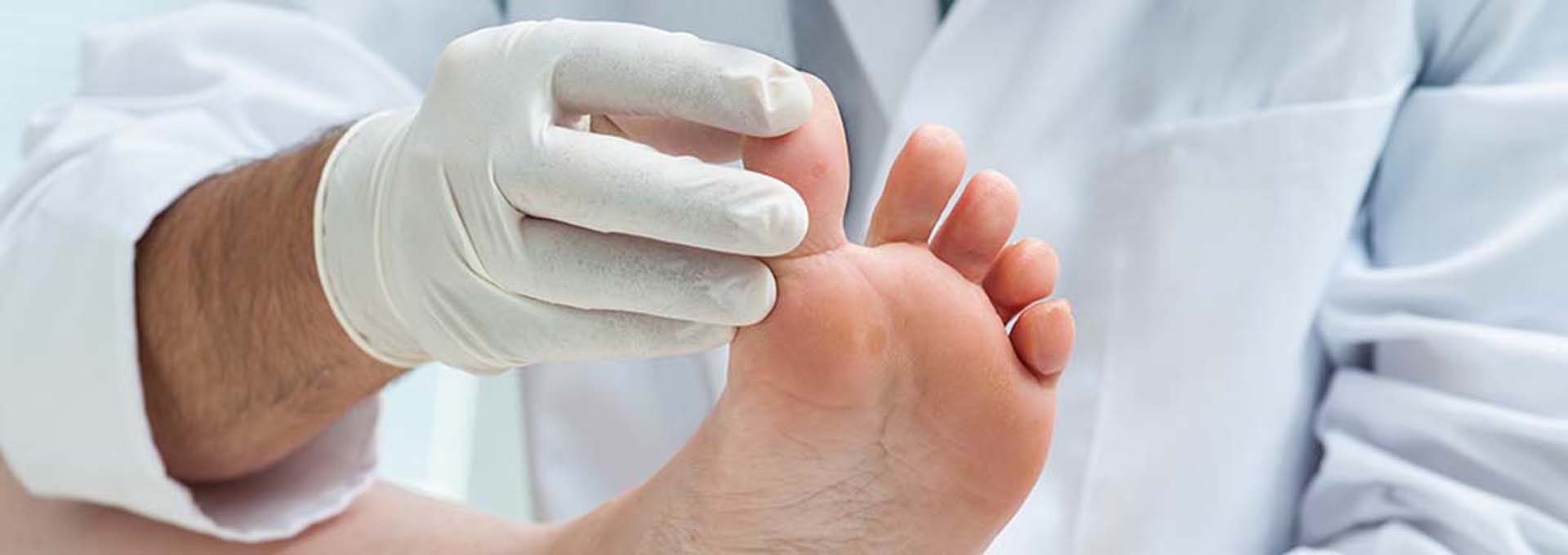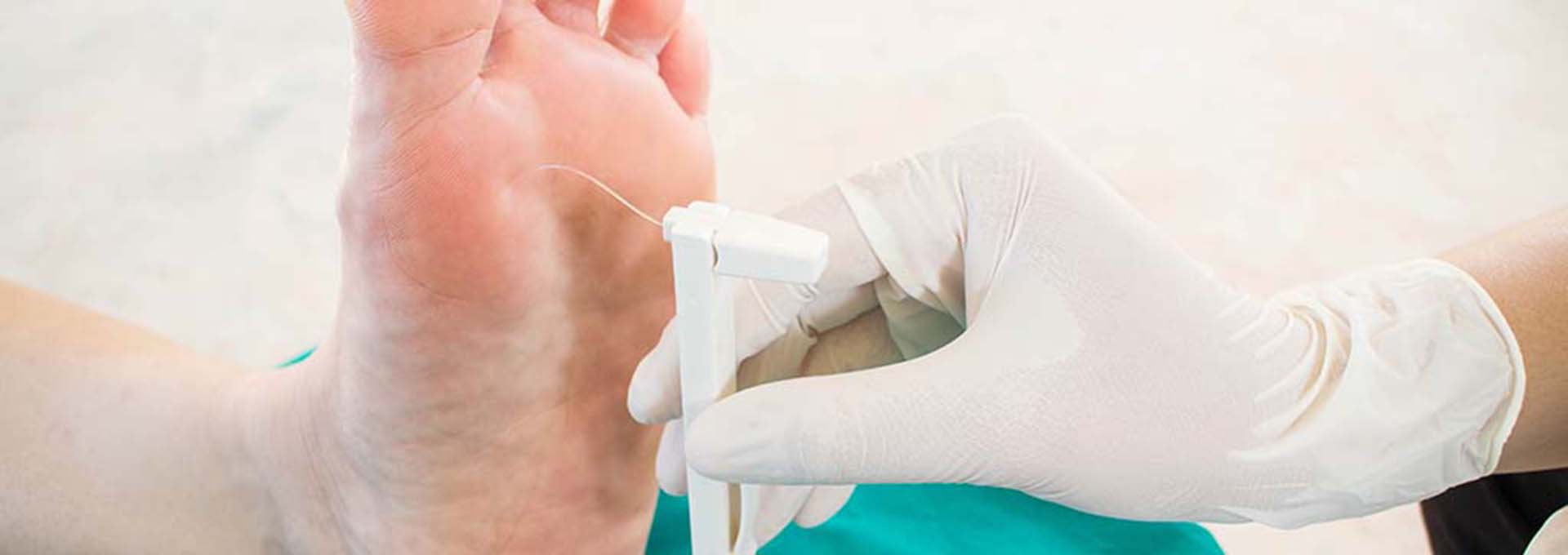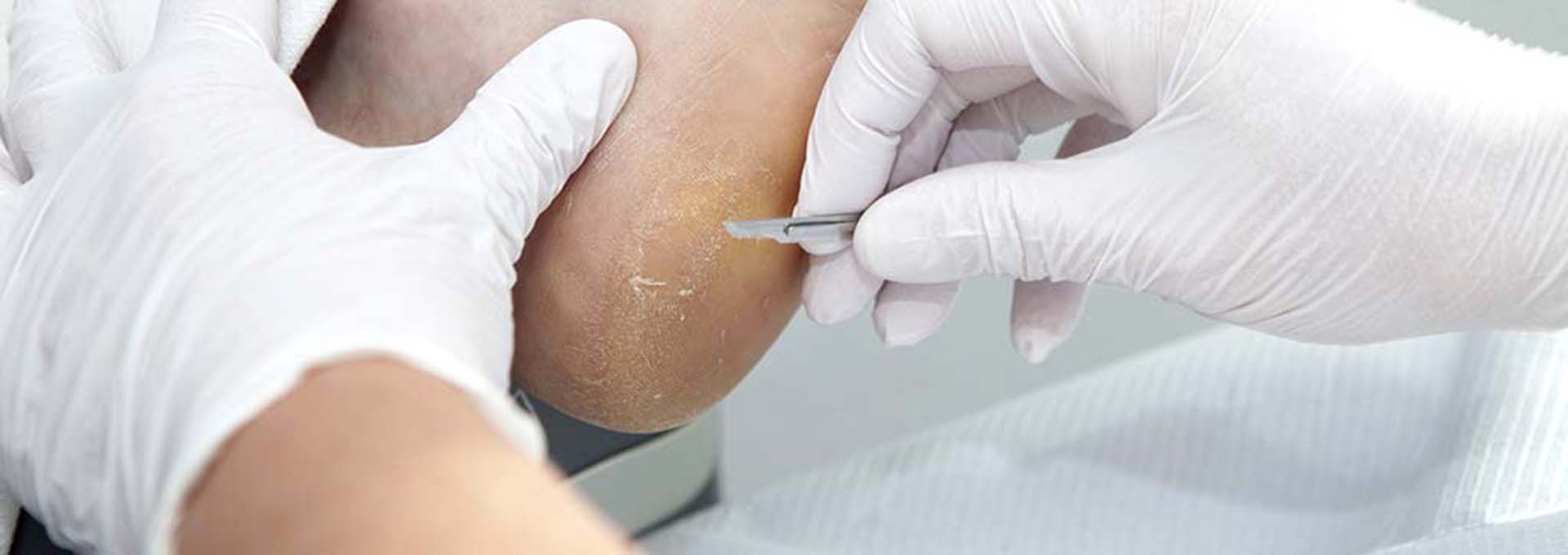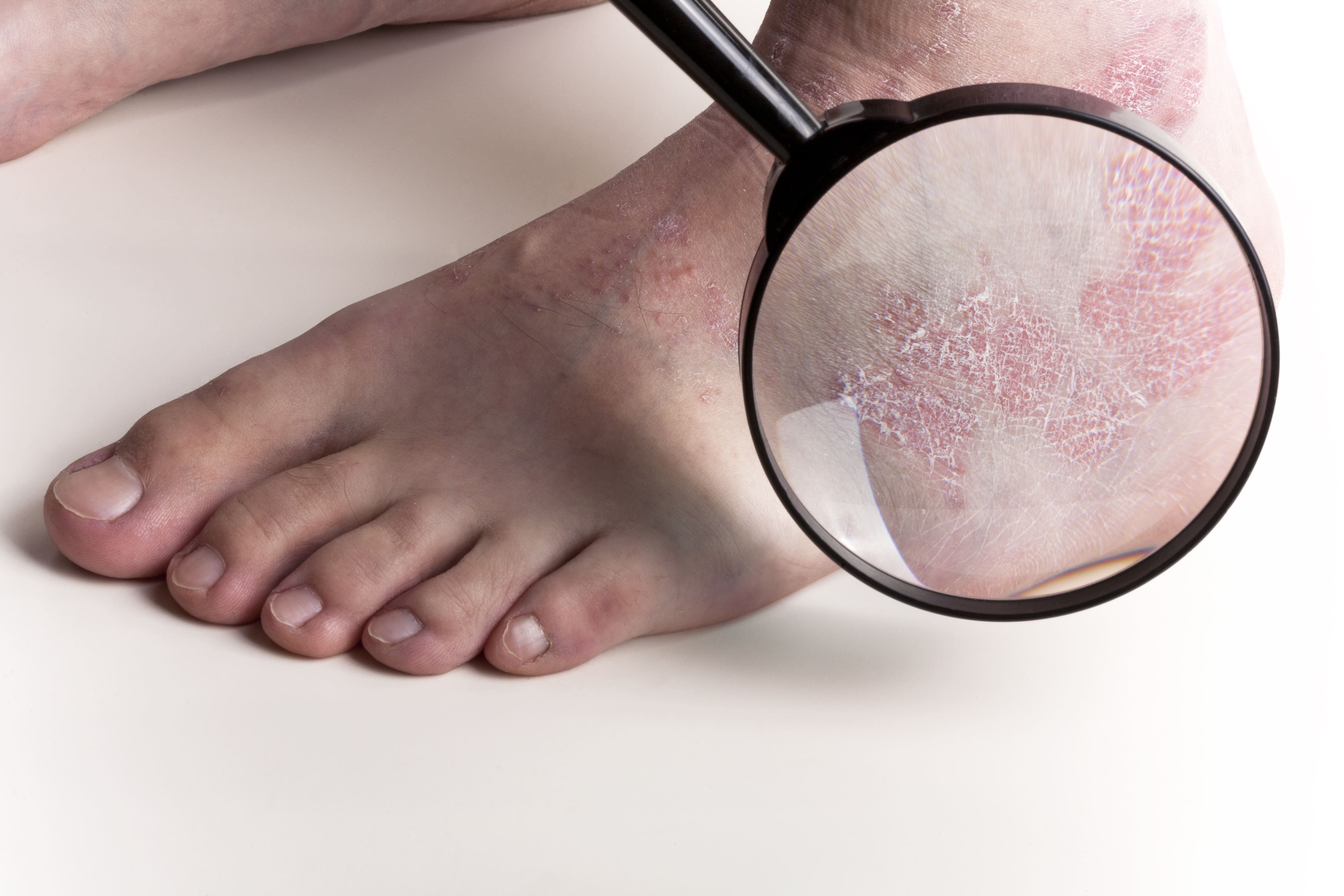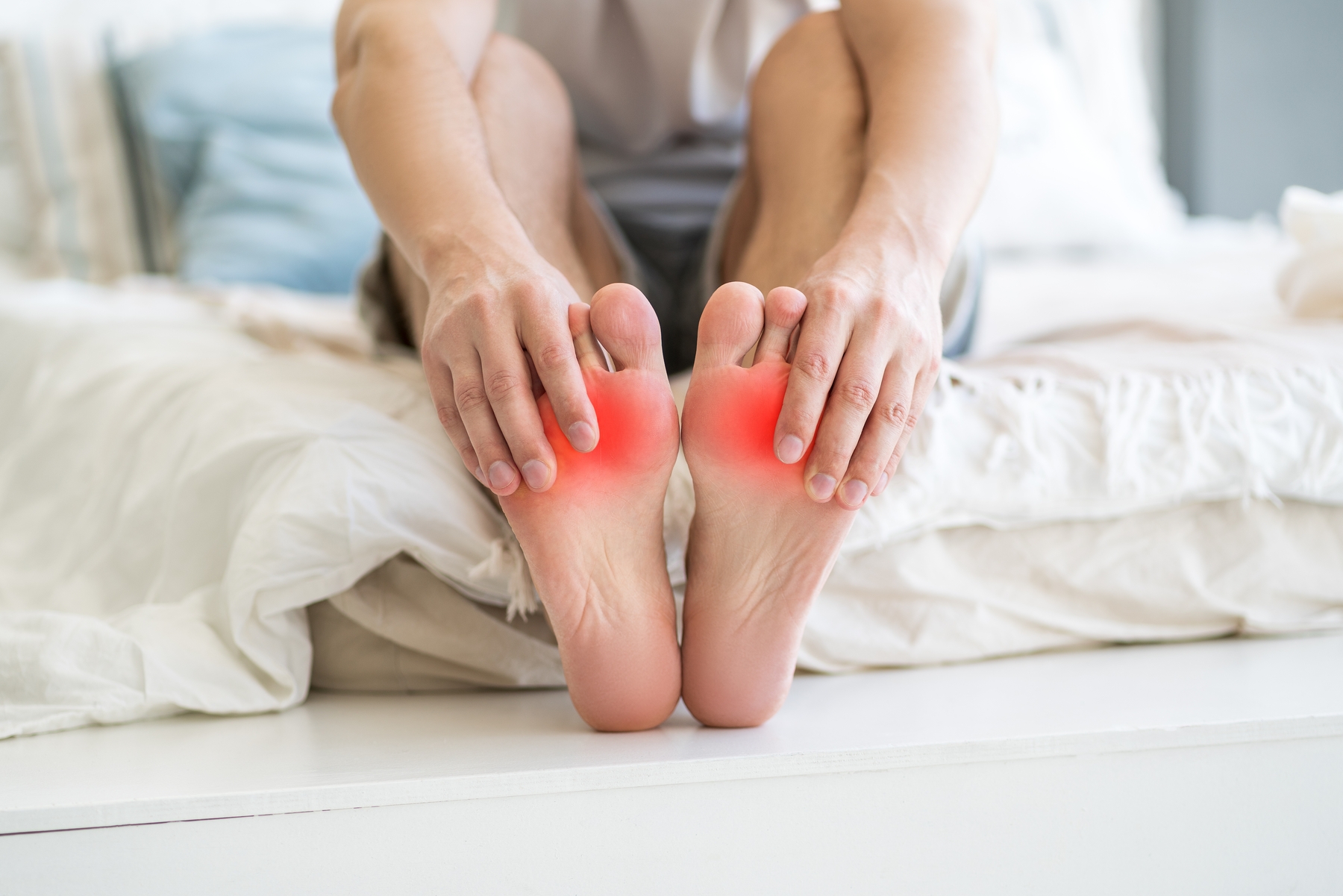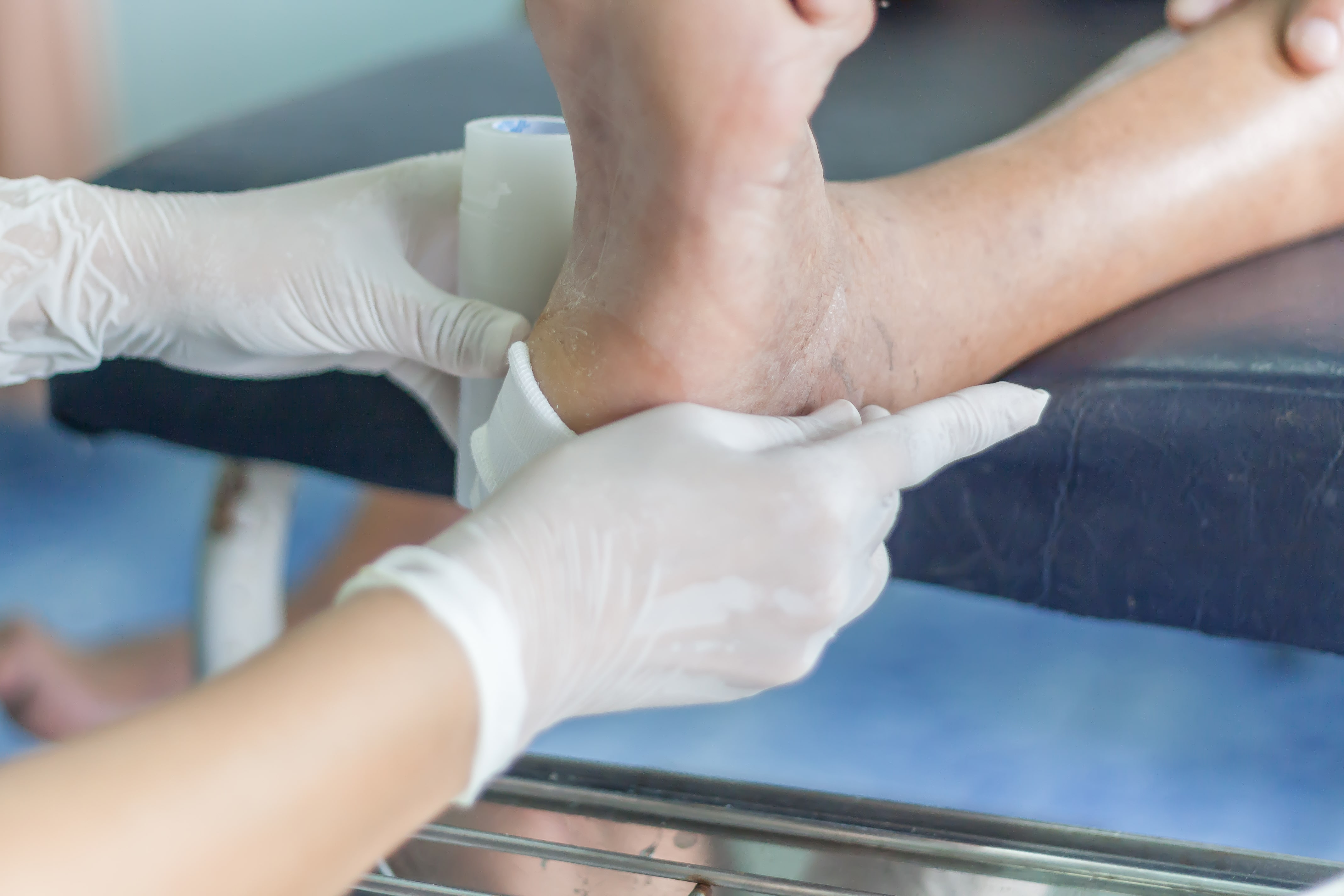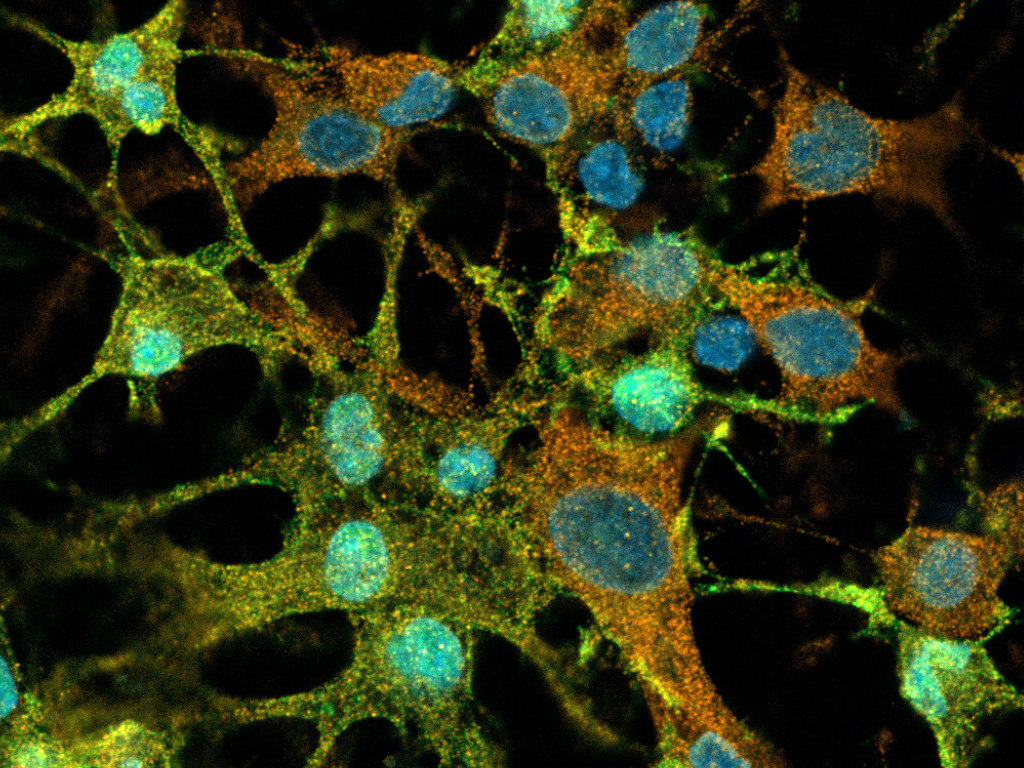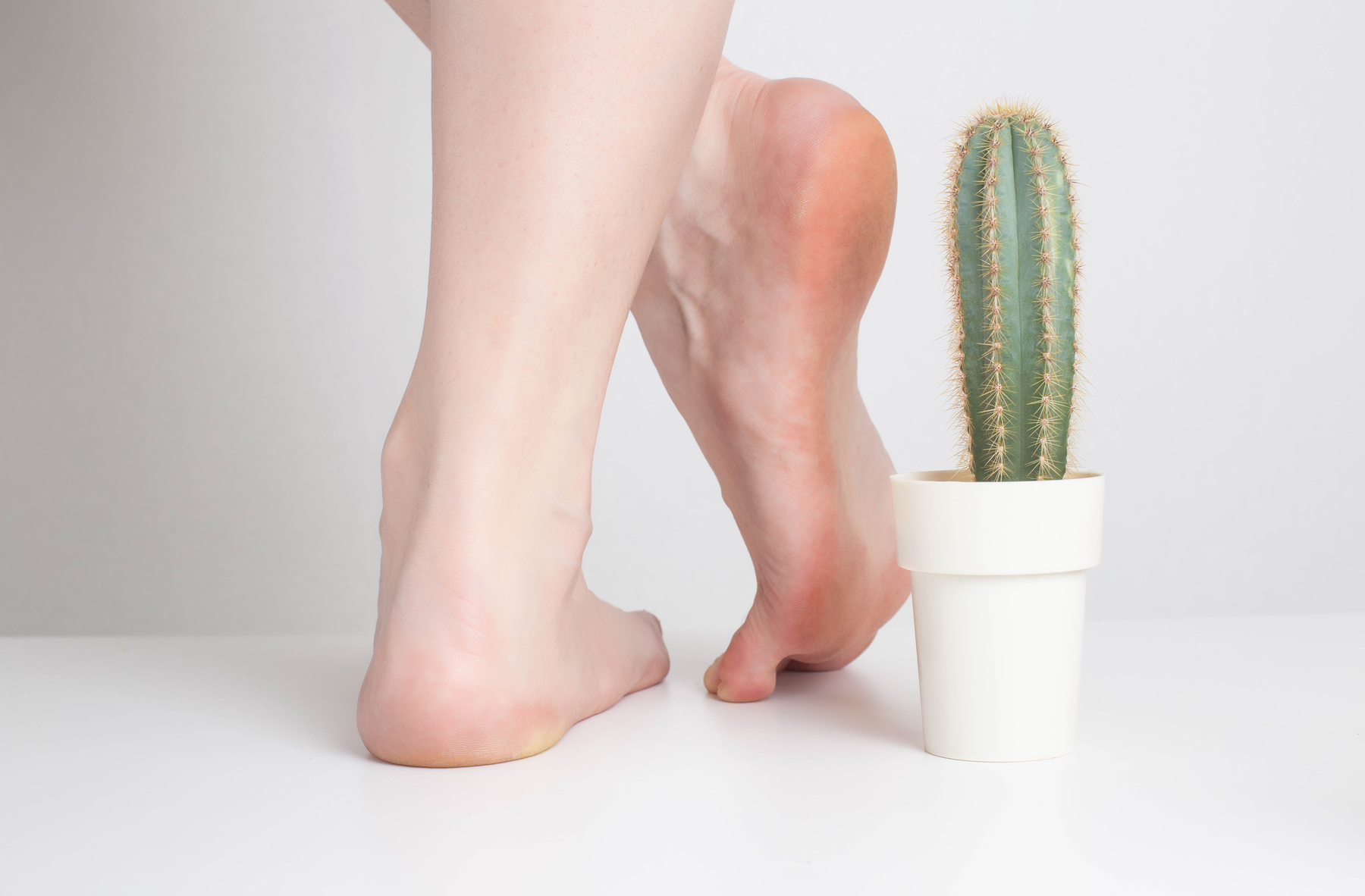Skin “in balance” thanks to moisturizing and anti-irritant formulas
Several factors contribute to the well-being of legs and feet skin: an equilibrium condition affecting the skin tissues health, appearance and functionality at the same time. From its most superficial layer – the epidermis – sophisticated biological processes help to regulate interactions with the external environment. Thus, skin is the body’s first shield protecting from […]
→How to prevent the most common winter foot disorders
Keeping feet healthy requires constant attention, even during the winter months, when the cold weather and the use of heavy, poorly breathable footwear can lead to alterations in the skin, nails and capillary tissues. However, some common winter foot disorders, such as calluses and chilblains, can be prevented and managed with simple daily practices. Any […]
→How to soothe foot skin irritation
Every day the foot is exposed to prolonged pressures and frictions, which make the skin vulnerable and subject to irritation of various nature and degree. Some pathological conditions can also alter the physiology of skin tissues, such as digital malformations (hallux valgus), bursitis (inflammation of the synovial sacs of the heel and plantar area), accidental […]
→How to protect the diabetic foot skin balance
The pathological development of “diabetic foot” can be effectively managed adopting some simple – but fundamental – daily preventive measures. In fact, diabetic foot is a chronic complication resulting from the nervous and circulatory dysfunctions typical of diabetes, often not easily recognized at its onset. Skin fragility and dryness, combined with reduced sensitivity in the […]
→Excellence in Neuroinflammation Award: Nominations NOW OPEN!
In order to encourage research on neuroinflammation by young scientists, Francesco della Valle Foundation announces the Call for Nominations for the 2025 Excellence in Neuroinflammation Award: a prize for the best 2024 publication by a young researcher, that has contributed significantly to the understanding and control of the mechanisms underlying neuroinflammation. Nominations will be accepted […]
→An effective way to manage foot peripheral neuropathy
Living with foot peripheral neuropathy means having to deal with symptoms such as pain, tingling, motor limitations and reduced sensitivity to thermal stimuli or pressure. The chronic-progressive nature of the pathology and the absence of specific therapies make it essential to identify and early manage the underlying cause of nerve suffering. Controlling sensory symptoms is […]
→

